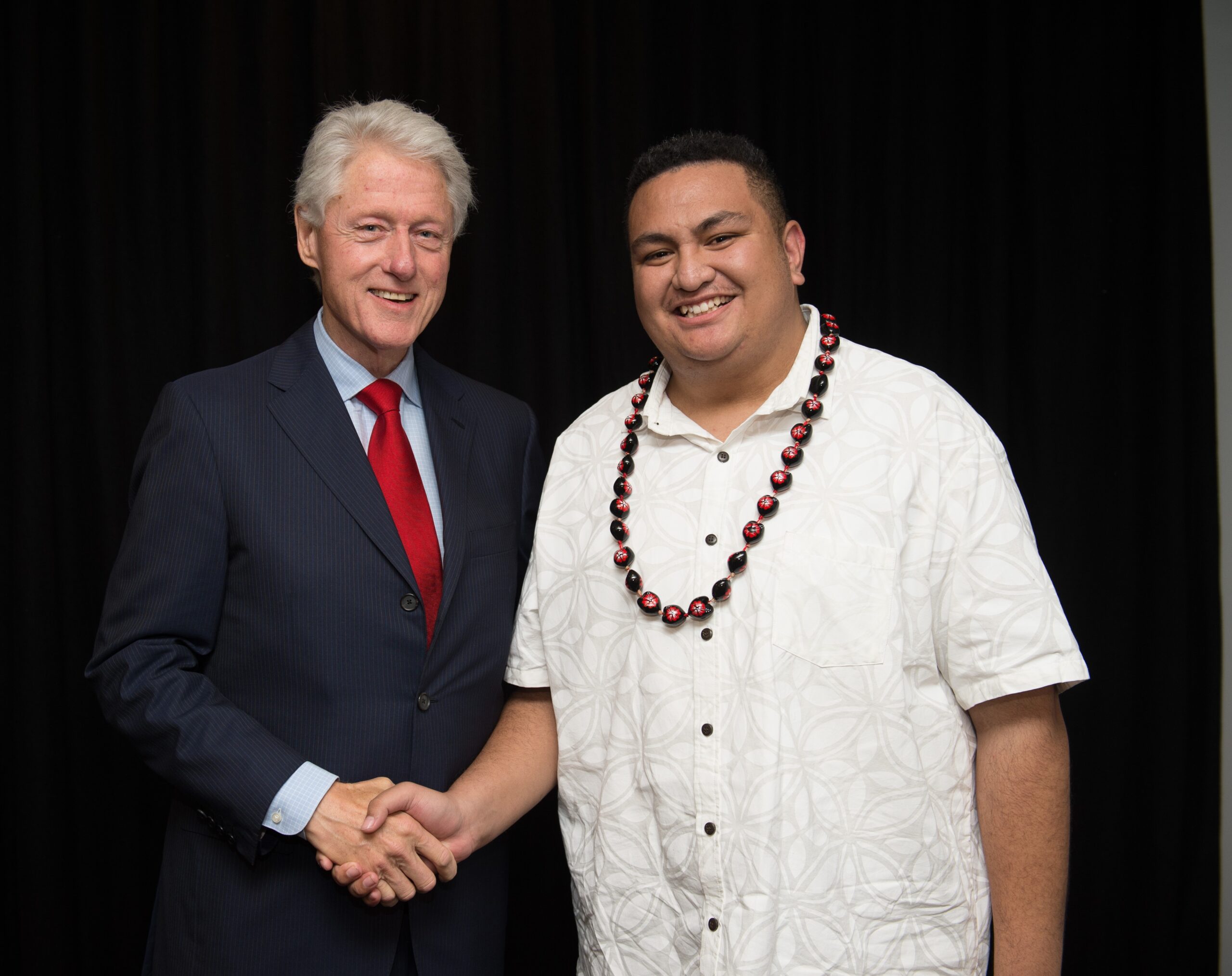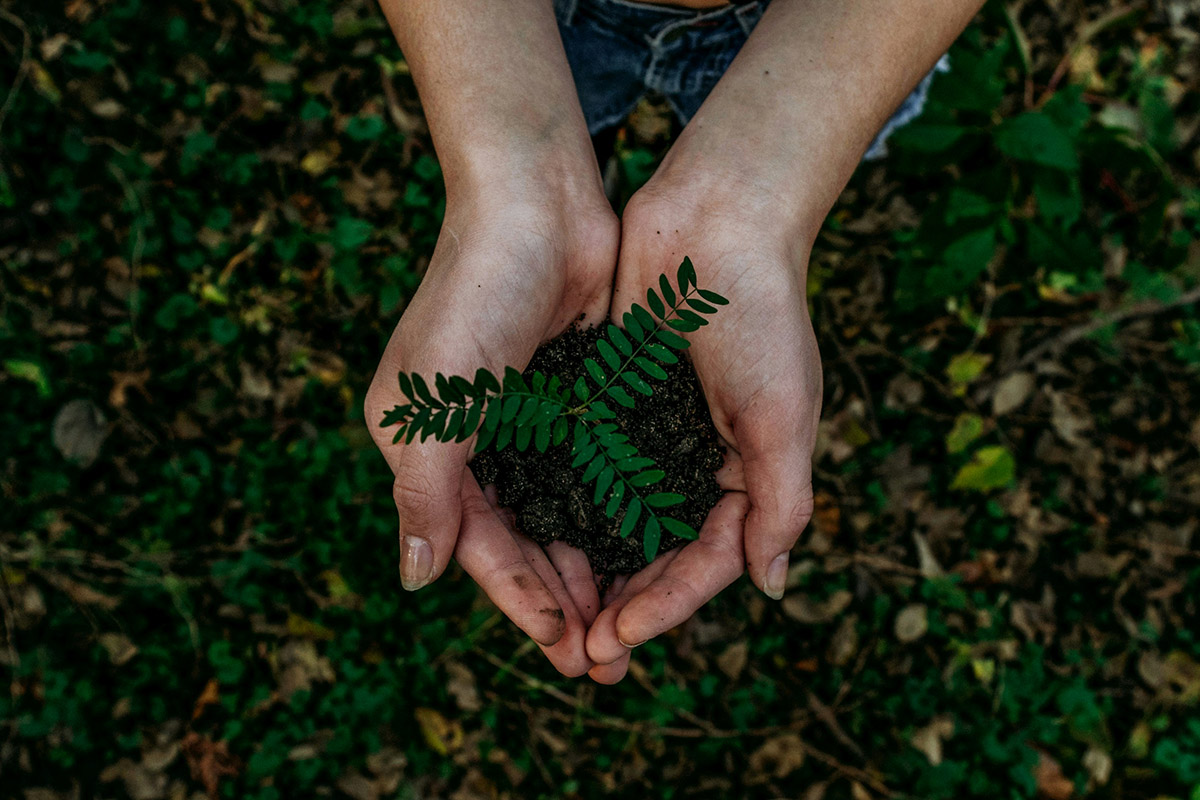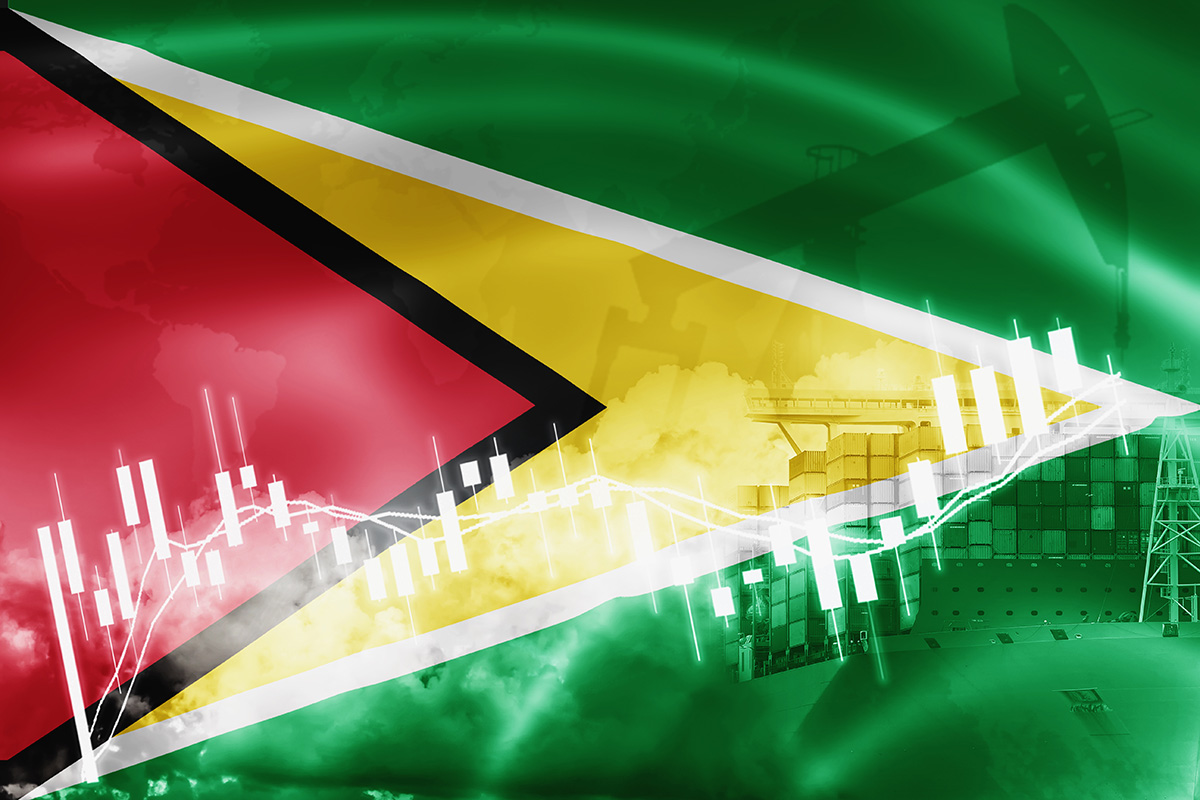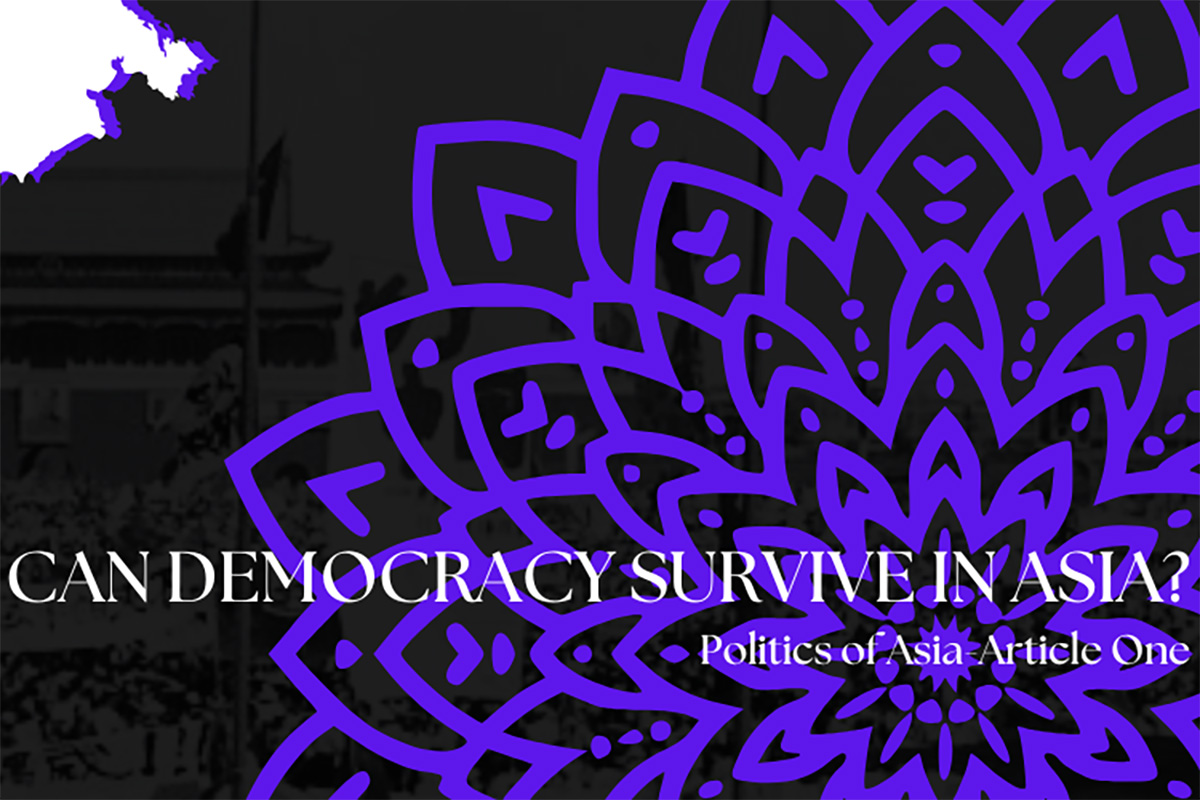SIDS 2014: "If I were prime minister: ideas for an island state"
August 19
Small island developing states are especially vulnerable to external economic and environmental shocks. At the Third International Conference on Small Island Developing States in Samoa, 1-4 September, the Commonwealth is partnering with the United Nations, governments and international organisations to help build the resilience of these countries.
Fale Lesa, 24, a Commonwealth Correspondent from New Zealand, offers some ideas for Samoa’s development and future.
SIDS are a community of low lying island nations that share common barriers to development. We are characterised most by our small populations, limited resources, endangered ecosystems, and isolation, dependence on aid and trade, and the frequency of natural disasters. Samoa is on the cusp of change. At the beginning of 2014, we graduated from the UN “Least Developed Countries” status. It marks the beginning of a transformation that depends largely on the community.
In 1962, Samoa became the first island in Polynesia to declare her independence from New Zealand. These were exciting times and the country quickly sprang in to action. From 1972, more than 85,000 tourists were visiting the country every year. Exports from agriculture were also in good shape with the majority being bought for top dollar by Australia and New Zealand.
Unfortunately, the good times were numbered. In 1990, Samoa was struck by Cyclone Ofa, leaving a quarter of the population homeless overnight. A year later, Cyclone Val devastated the island causing hundreds of millions of dollars in damage. If that wasn’t enough, in 1994 an outbreak of taro leaf blight destroyed the single largest export and the backbone of our agriculture. This coincided with a debt-fuelled national carrier, ending in a multi-million dollar bailout from government. After this relentless trail of destruction, the country’s GDP fell by more than half. Hopelessness encouraged an exodus, and my parents were among thousands who fled for nearby New Zealand. The vast majority were hired as labourers, my father included.
But ties to the homeland were never severed. In fact, most of the early migrants sent money home on a weekly basis. Direct remittances from abroad now total more than $12 million a year, and Samoans living abroad account for more than half of all tourist visits today. In time, the country did bounce back. The taro disaster forced exporters to adjust the sails and the coconut is now the principle product on offer. The European Union has also emerged as a key player in demand for our exports, buying more than 20 per cent of the market share. Tourism revenue has doubled in the last decade with current arrival numbers more than twice the number before 1990. Today, Samoans abroad outnumber those in Samoa, but improvements in the local economy have inspired many to return. Formal education has made some tremendous progress, and some of my own cousins have taken full advantage of the boom in trades academies. Competition in Australian and New Zealand job markets has led to fewer graduates trying their luck abroad, sweetened by scholarship deals and salary increases that encourage them to stay.
However, there is still a long way to go and natural disasters in 2009 and 2012 send a powerful chill down Samoan spines, reminding us that history can and does repeat itself without warning.
If I were prime minister, I would disaster-proof all construction projects from this point forward, making it mandatory. I would ban all construction projects on coastlines with no exception. I would only allow donor countries to build schools and hospitals in partnership with local tradesmen to avoid having to send for someone from China or Japan to fulfil repair jobs or much-needed maintenance further down the track (an inconvenience, and we can sometimes wait more than a year).
I would ask all village councils to get behind a national disaster evacuation scheme. Existing schemes cater only to our schools and workplaces, and the elderly and the disabled are overly-represented in disaster casualties. I would also throw my weight behind the tourism industry by promoting plans that encourage existing tourists to stay longer, and by exploring new markets in Asia. I would help combat the widespread misconception that “farming is for fools” with campaigns like “agriculture is our largest sector” and “food prices are soaring all over the world as more people move from rural to urban centres.”
I believe that public attitudes account for a lot of the challenges today. Families force children to aspire for law or medicine, ignoring the trades or other shortage areas that pay almost as well. The thousands that don’t make the cut for law or med school end up in low-skilled jobs and with children they can’t afford. I would include strategies to diversify the student body from an early stage; aligning personal strengths with pathways and promoting more contact between school and home, where teachers can help lobby on behalf of the student’s interests. I would also provide family-friendly prospects for young parents who still want to get ahead with something more tangible. I would make the local job market more attractive for overseas companies, with strict protections on the local environment.
I hear it often, the belief that “this is as good as it gets” for an island in the middle of nowhere. I detest the resignation. My father, and the thousands that left with him, detested it too. Some might say that they abandoned home, but I beg to differ. They went in search of an income stream that promised even more than what was on offer. After finding it, they shared it with those who needed it most. This is the principle behind sustainable economic development, and what worked in New Zealand all those years ago can be replicated in Samoa right now. A man once said that “success is 99 per cent attitude” and I don’t disagree with him.
SIDS 2014
Learn more about the Commonwealth’s role at SIDS 2014:
thecommonwealth.org/sids2014Learn more about the conference:
sids2014.orgJoin the conversation online:
Twitter: @commonwealthsec
Facebook: facebook.com/commonwealthsec
hashtags: #islands2014, #cwsmallstates, #commonwealth…………………………………………………………………………………………………
About me: I bring some eight years of experience in community and youth development to my writings. In 2010, I represented New Zealand at the Commonwealth Youth Leadership Programme in Rwanda. I was also received by Her Majesty The Queen at the 2012 Diamond Jubilee during a reception at Marlborough House in her honour.
…………………………………………………………………………………………………
Opinions expressed in this article are those of the author and do not necessarily represent the views of the Commonwealth Youth Programme. Articles are published in a spirit of dialogue, respect and understanding. If you disagree, why not submit a response?To learn more about becoming a Commonwealth Correspondent please visit:
http://www.yourcommonwealth.org/submit-articles/commonwealthcorrespondents/…………………………………………………………………………………………………




